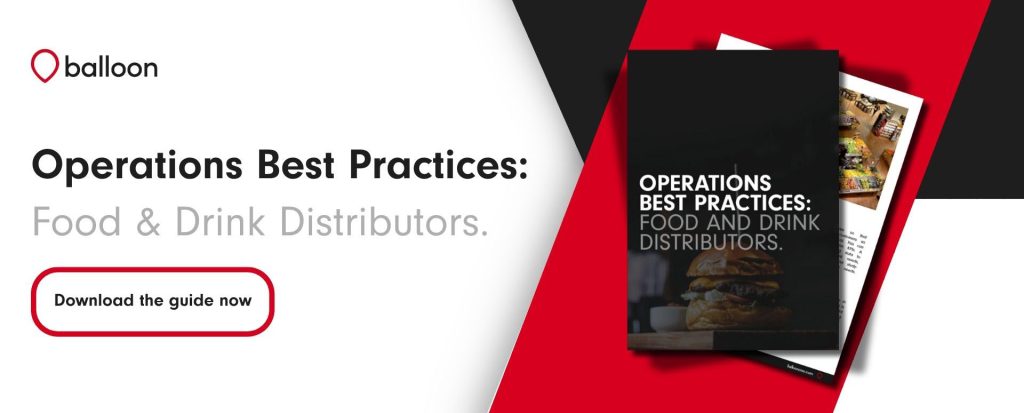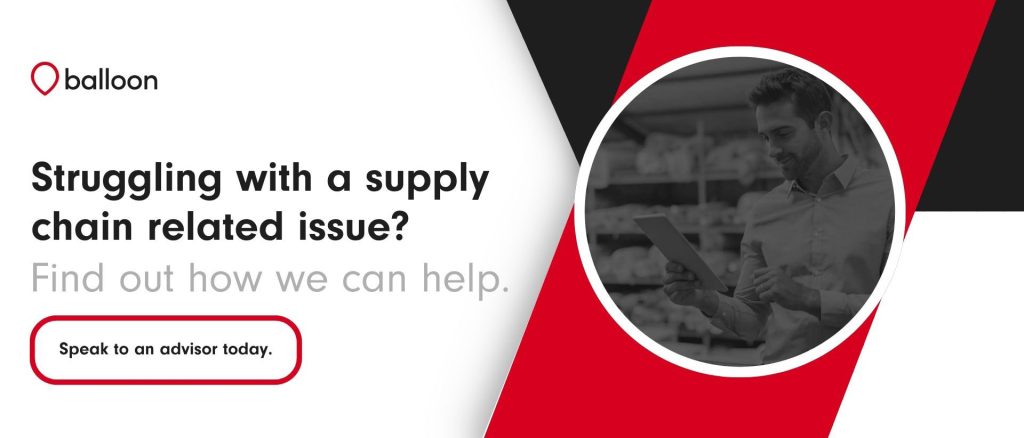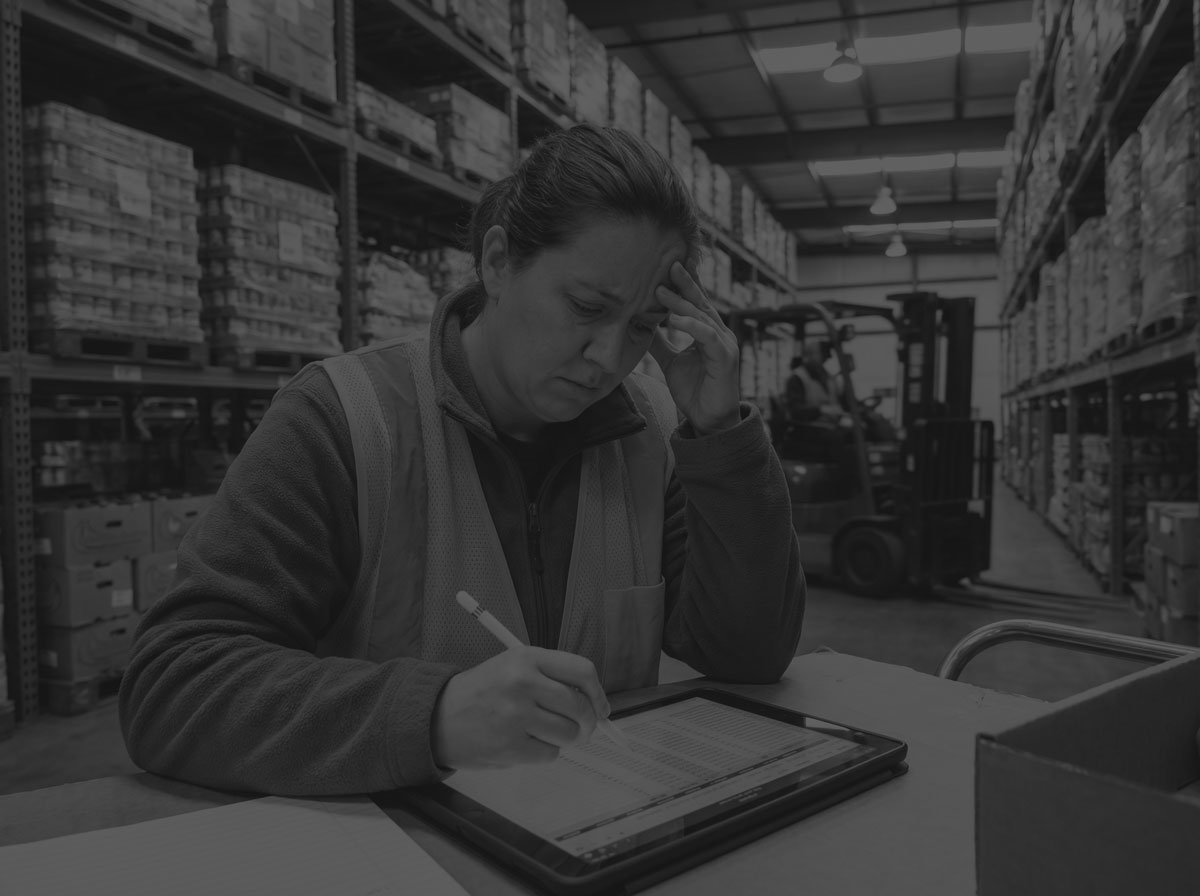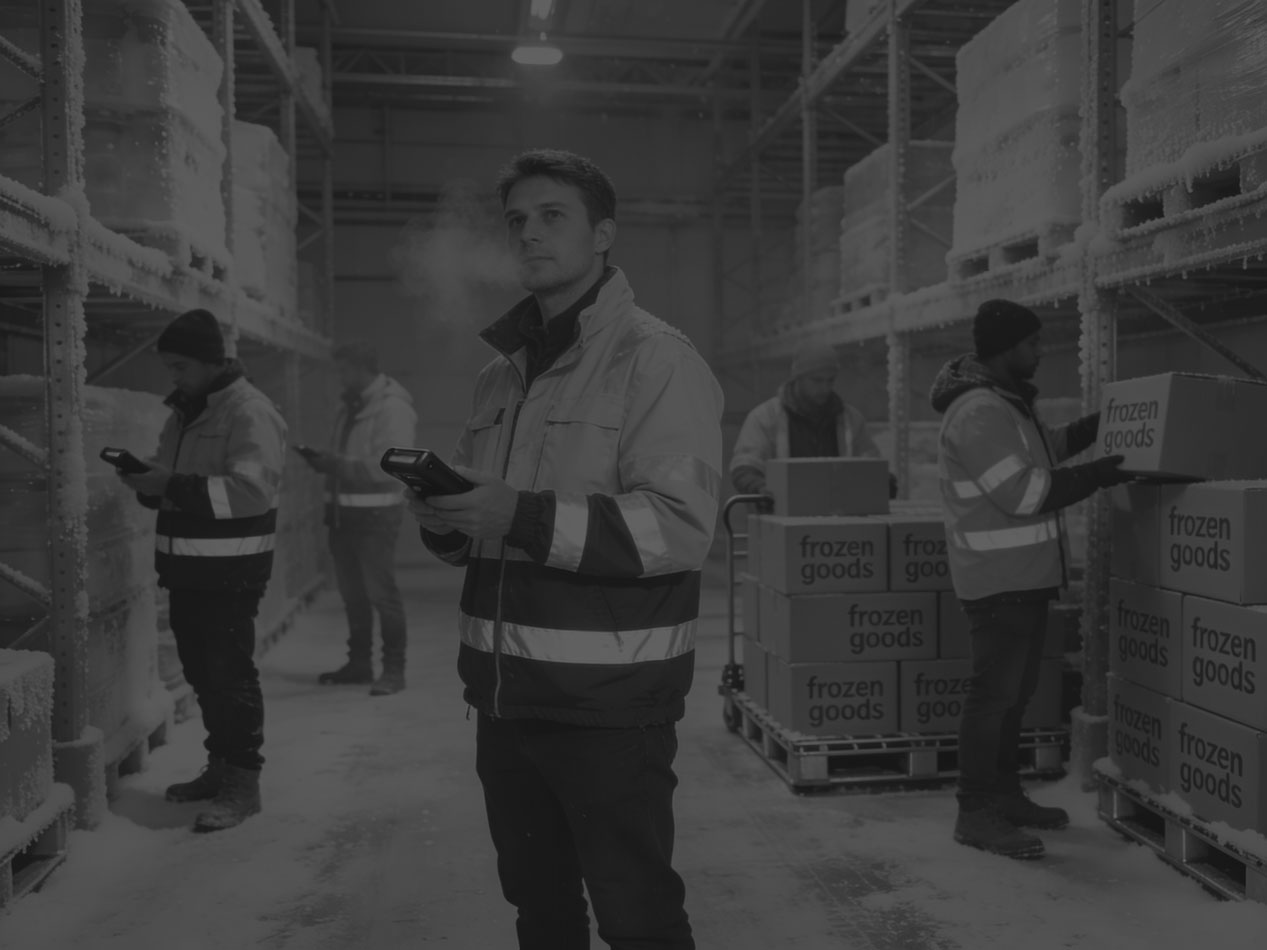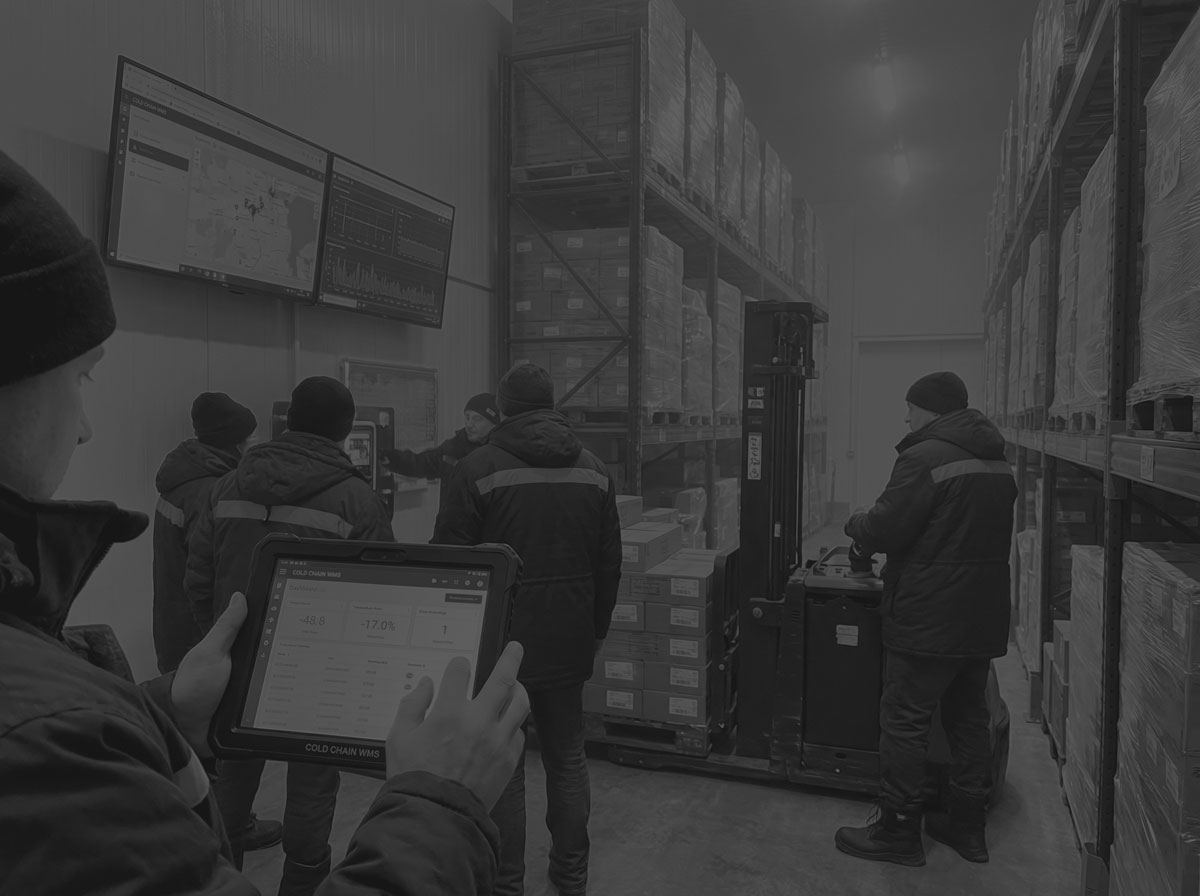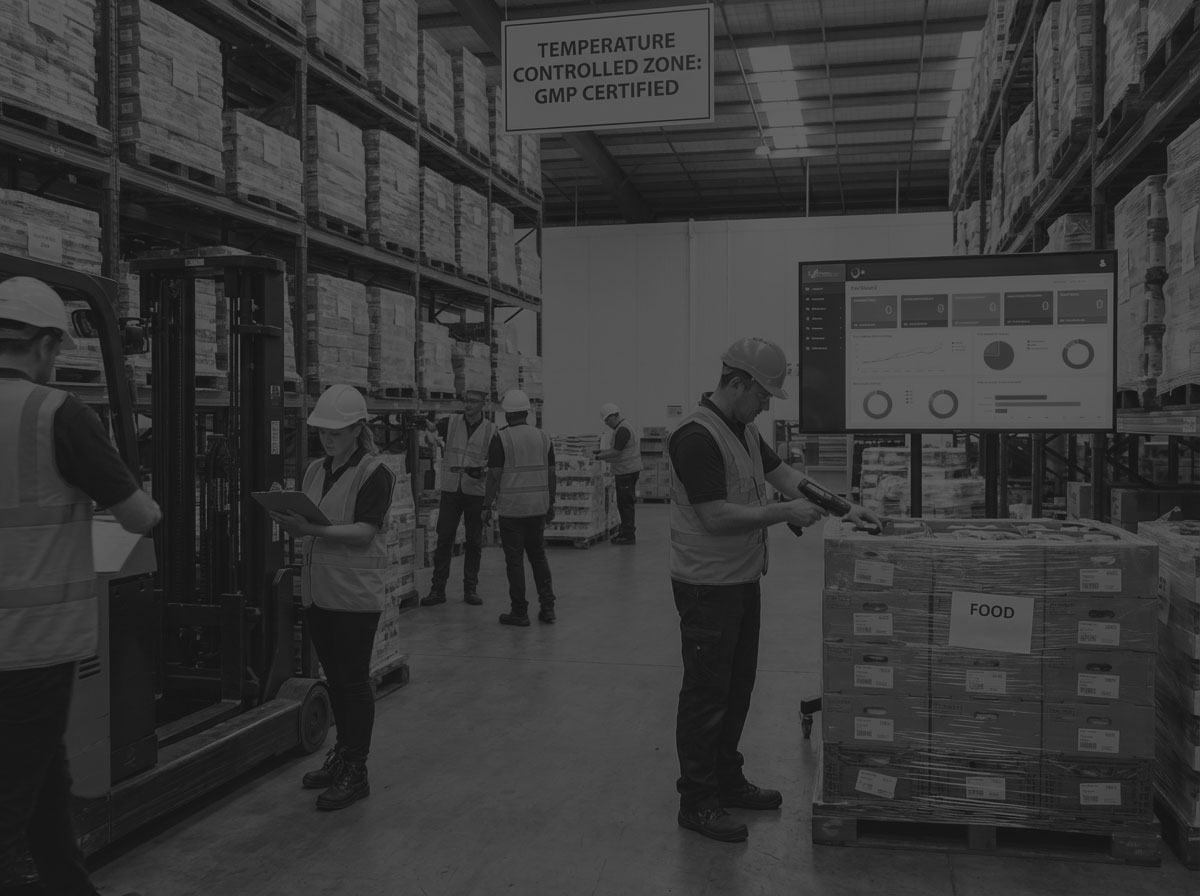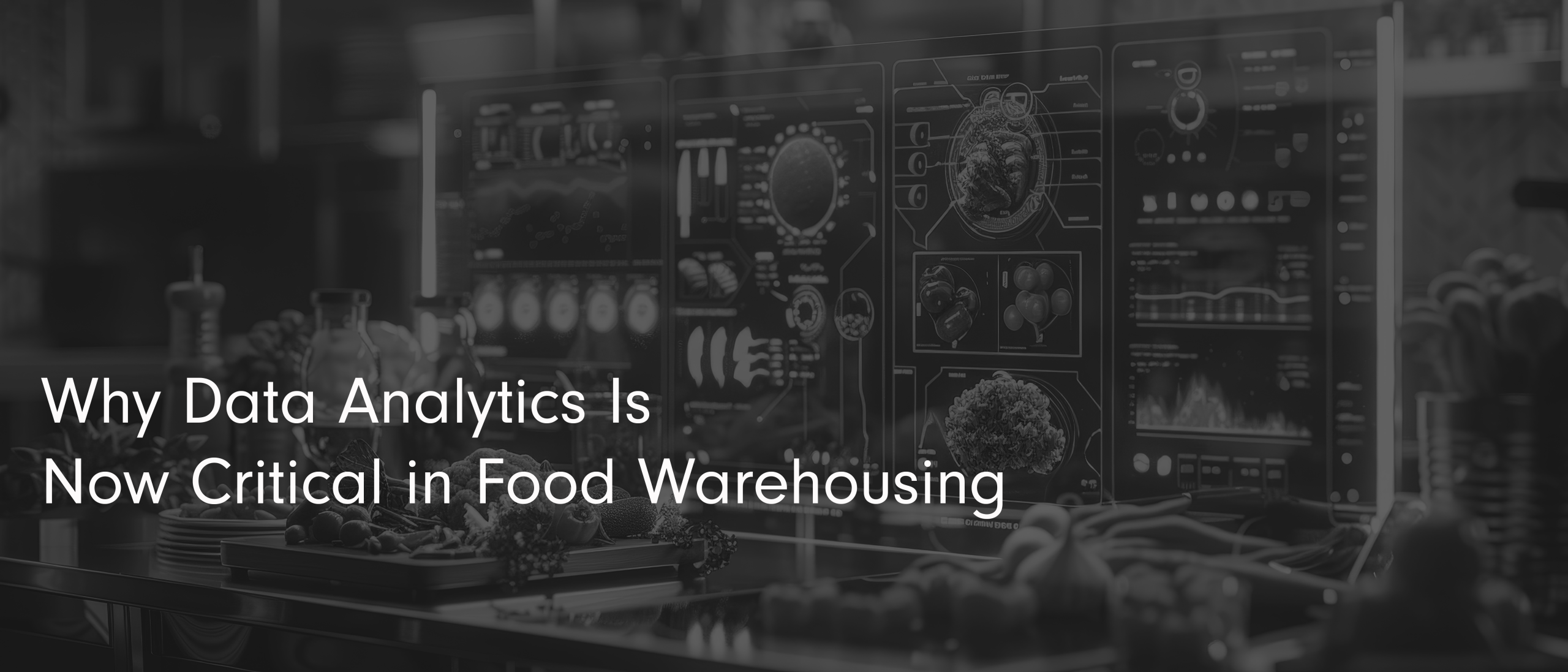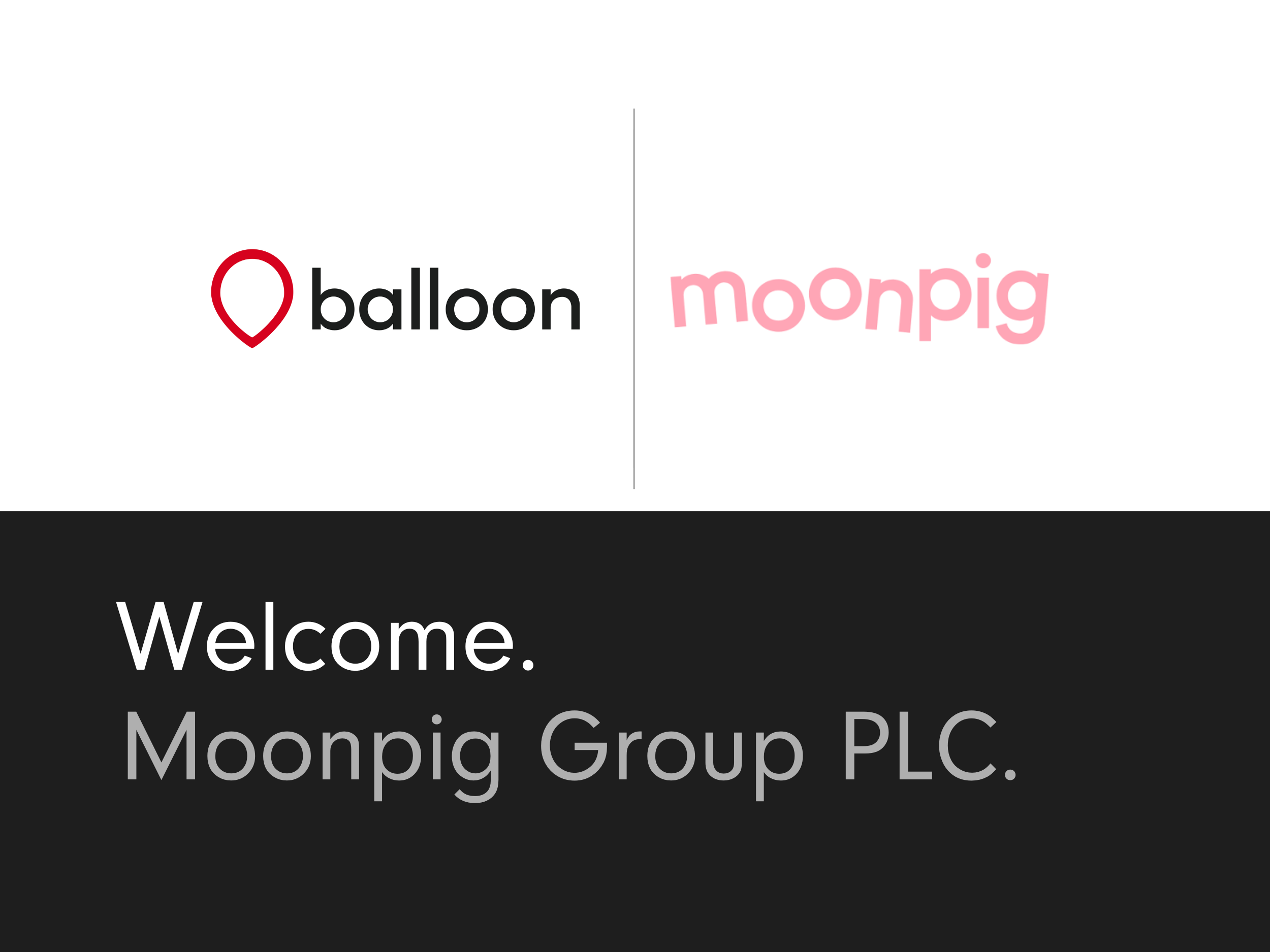How to Track Food Supply Chains Using Blockchain.
Today, many businesses are asking how to track food supply chains using blockchain. Using blockchain technology alongside modern food supply chain management software is a powerful answer.
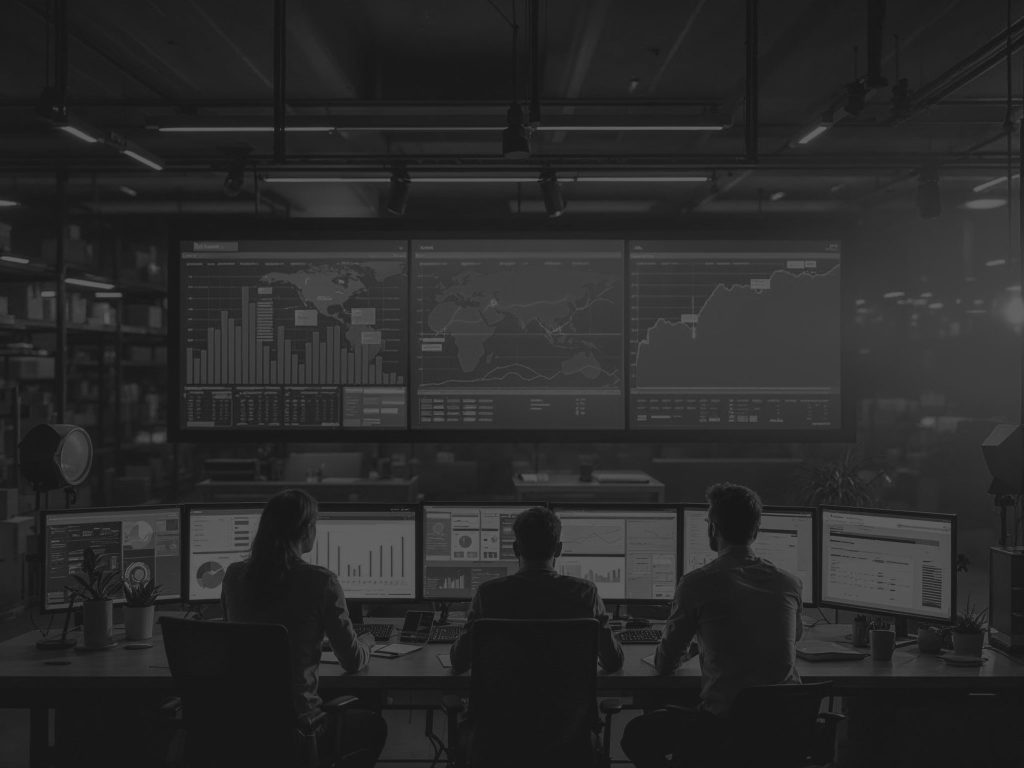
Introduction.
Blockchain food supply chain solutions create secure, clear records, making it easy to trace food back to its source and protect against fraud. This article explains the biggest challenges with older systems, how blockchain technology in food supply chain works, and shows real examples where these tools are making a difference.
Key Takeaways.
- Blockchain technology increases transparency, traceability, and trust in food supply chains.
- It helps quickly identify and address contamination or fraud, protecting consumers and brands.
- Integrating blockchain with existing supply chain management software streamlines tracking and reduces errors.
- Accessible, tamper-proof records support compliance with industry regulations.
- Adoption of blockchain can lead to improved efficiency and cost savings for businesses.
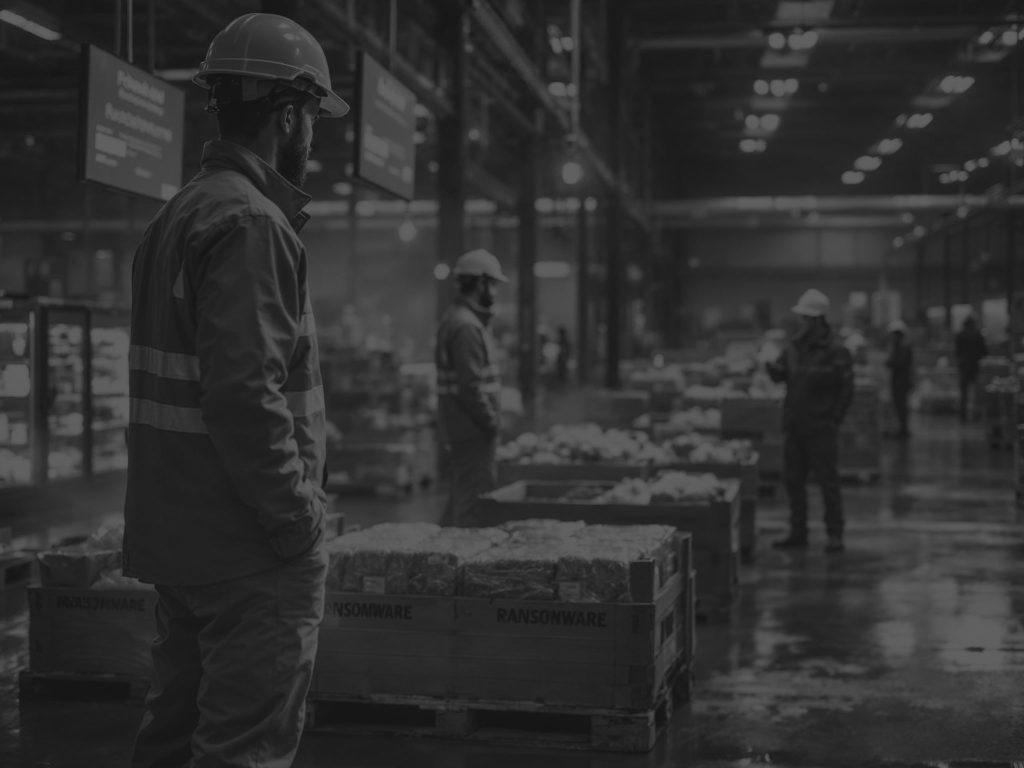
The Challenges of Traditional Food Supply Chain Tracking.
Food touches many hands as it moves from farms to shops: farmers, food processors, distributors, retailers, and finally customers. Tracking this journey can be difficult, especially with older tools and methods.
1. Lack of Transparency
Traditional systems often use different databases for each company, so information isn’t shared freely. This makes it hard to create a transparent food supply chain. If you can’t see each step, it’s easier for mistakes or fraud to happen. Modern food supply chain software must solve this, making information available and building trust.
2. Manual Record Keeping
In some areas, food records are kept by hand or with outdated systems. This can lead to mistakes, delays, or data being changed incorrectly. Weak records mean it’s easier for fake or mislabelled goods to slip through. Reliable food supply chain management software is now crucial for reducing these risks and improving food supply chain tracking.
3. Counterfeit Products
Some products are wrongly labelled—for example, as “organic” or “wild-caught” when they’re not. This hurts honest producers and deceives customers. Blockchain for food supply chain monitoring can help fix this. With a clear, unchangeable record, it’s much easier to stop fakes and provide proof about a product’s journey.
4. Food Safety Incidents
When tainted food reaches shops, tracing the problem to its source can take too long if records are unclear or incomplete. Quick, accurate tracing is vital to protect health and business reputations. Modern traceability in food supply chain processes need quick access to data, which blockchain technology in food supply chain enables.
To sum up, old systems lack real-time, trustworthy data sharing and are open to tampering. Today, more businesses are investing in food supply chain blockchain solutions for better security, faster responses, and improved food safety.
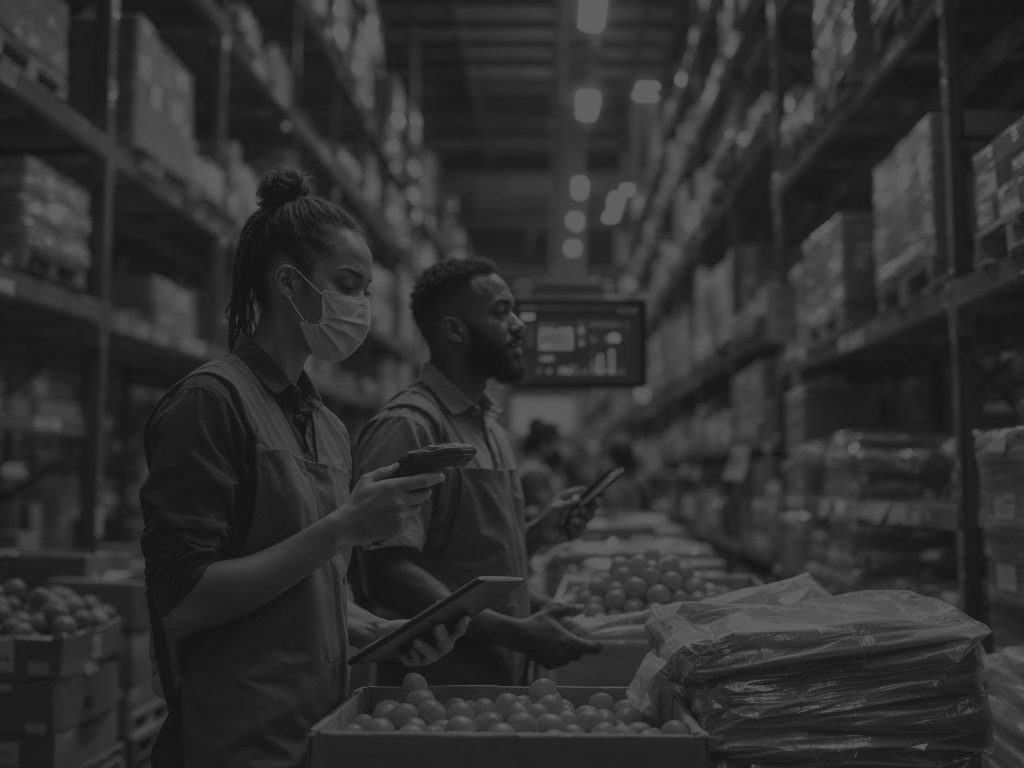
How Blockchain Solves Food Supply Chain Issues.
Blockchain in food supply chain management is a secure, shared online record book. Each transaction is recorded and visible to everyone with permission. This makes the supply chain clear and easy to check.
1. Enhanced Traceability
Blockchain lets users see every step in a product’s journey—harvesting, packing, shipping, selling. Each stage is time-stamped and recorded, making traceability in food supply chain much stronger. If there’s a safety issue, companies can quickly see where a product came from and act fast.
For example, by scanning a QR code on a food item, you can view its journey from farm to shop, thanks to food supply chain management software backed by blockchain. This increases trust and helps consumers make informed choices.
2. Greater Security
Blockchain entries can’t be changed without agreement from everyone in the network. This makes records more reliable and greatly reduces the risk of fraud. Blockchain for food supply chain projects give food companies a secure record system they can rely on.
3. Real-Time Access
With blockchain, all approved parties—farmers, transporters, retailers, regulators—can access up-to-date information instantly. This flexibility makes food supply chain tracking faster and more accurate, improving response times if there’s an issue.
4. Automation Through Smart Contracts
Smart contracts are automated agreements within the blockchain. For example, if a shipment gets too warm, the contract can immediately alert the transporter or stop delivery. This is one way blockchain technology in food supply chain software boosts efficiency and protects food quality.
Real-World Applications of Blockchain in Food Supply Chains.
Major companies and new start-ups are now using blockchain to make food supply chains more reliable and clear. Here are some key examples:
1. IBM Food Trust
IBM’s platform helps big brands like Walmart and Carrefour trace food quickly. For instance, Walmart cut its tracking time from six days to just over two seconds. This is a great result for food supply chain management software powered by blockchain, making supply chains safer and more transparent.
2. Provenance
This UK start-up uses blockchain to confirm when goods are ethically and sustainably sourced. Their digital system allows shoppers to check claims, thanks to traceability in food supply chain supported by blockchain.
3. The Tuna Industry
The Pacific Islands Forum Fisheries Agency uses blockchain tracking to monitor tuna catches and ensure practices are sustainable. This helps eliminate illegal fishing and proves the role of blockchain technology in food supply chain management for responsible sourcing.
4. Golden State Foods
A global food supplier, Golden State Foods has put blockchain into every part of its process, from the factory to delivery. The result is fewer mistakes, less waste, and better supporting tools like food supply chain software.
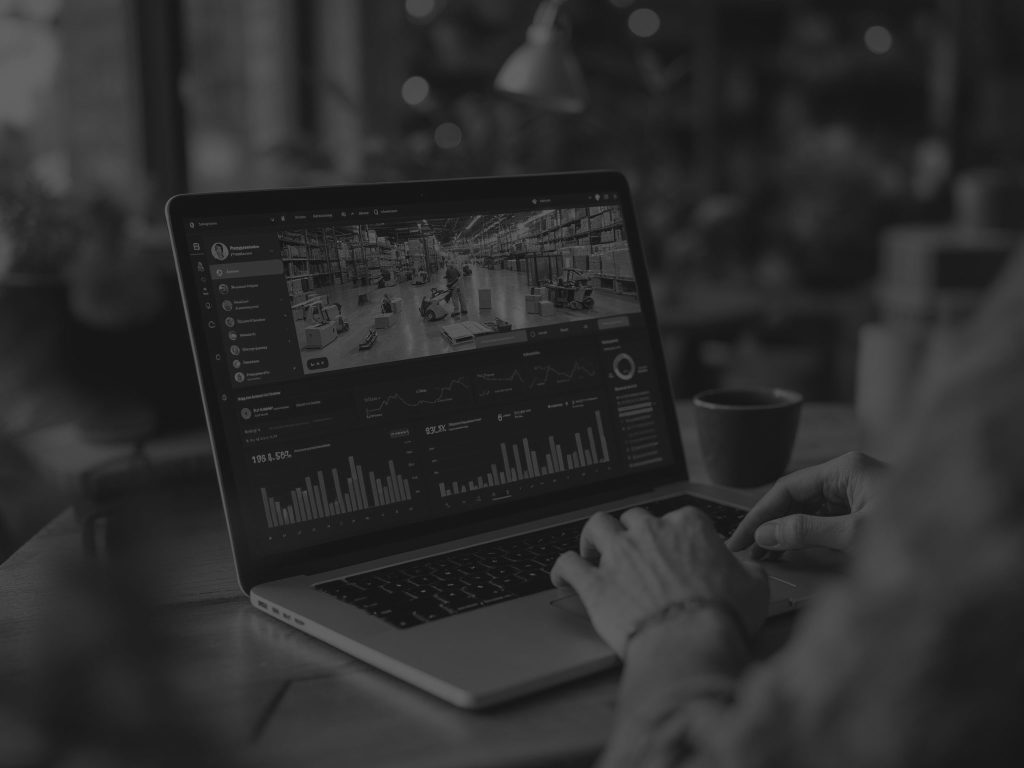
The Future of Blockchain in the Food Industry.
Adoption of blockchain in food supply chain management is growing quickly. Here’s what to expect:
- Wider Adoption: Cheaper, easier-to-use food supply chain software will help even small businesses use blockchain food supply chain tools. This broadens access and guarantees better tracking at every stage.
- Improved Trust: Brands using blockchain technology in food supply chain earn customer trust by being open about where their products come from. This also encourages loyalty.
- Sustainability: Detailed, honest tracking with food supply chain blockchain services supports green goals, like cutting waste or tracking carbon footprint, and proves companies’ efforts on sustainability.
In short, learning how to track food supply chains using blockchain is key for modern industry success. Investing in blockchain for food supply chain tracking and modern food supply chain management software ensures operations are efficient, clear, and trusted. As these tools become common in food supply chain tracking, safer food and accountability will set new standards for the market.
Any business that wants to protect its future, win customer confidence, and be a leader in sustainability should look seriously at blockchain food supply chain solutions. This investment is set to shape the future of food, making it safer, more reliable, and trusted by all.
Frequently Asked Questions (FAQ's)
By creating detailed records of every step in the supply chain, blockchain allows faster and more accurate tracking of food items in case of a recall or contamination, helping to protect consumers.
By creating detailed records of every step in the supply chain, blockchain allows faster and more accurate tracking of food items in case of a recall or contamination, helping to protect consumers.
No. As technology becomes more affordable and user-friendly, even small businesses can use blockchain to improve traceability and earn customer trust.
Consumers gain confidence in food safety and sourcing, knowing they can access trusted, verified information about the products they buy.
